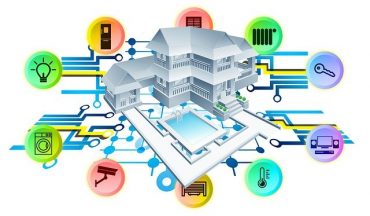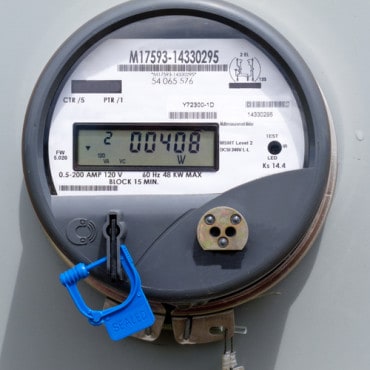
The Internet of Things will displace workers, but open new opportunities for those who make IoT automation possible.
A recent survey of the developer landscape finds the number working on Internet of Things applications has increased 34 percent since last year to just over 6.2 million. The survey, from Evans Data, adds that the increase of development for mobile devices, up 14 percent since last year, has led to smartphones being the most commonly connected IoT platform.
It appears the IoT is opening up new doors for developers. But developers are just one of many areas that will see new types of opportunities, thanks to IoT. There may be pain and dislocation before we see a surge in opportunities directly from IoT. That’s the call from Stephan Otto, who predicts that “IoT will rip apart — and then rebuild — the jobs market.”
That follows the trajectory technology has taken with job growth since time immemorial. Even in the most recent times, cloud computing has been stripping away coding and development opportunities within enterprises, but in the long run has been creating an insatiable demand for architects and integration specialists who can put the cloud to work for their businesses.
Automation: Out with the old, in with the new

At the same time, he continues, “newer jobs in the IoT industry have already started to crop up. Companies like Target are hiring software engineers with a talent for coding and able to creatively set up new IoT applications. Once a large enough number of these engineers have been hired by companies, they will need IoT managers to make sure that the operations are running smoothly and IoT business managers to ensure the timely and cost effective procurement of sensors is being done. Supply chain logistics will keep on becoming more and more efficient thanks to IoT data analysis that coders will design and perfect.”
The bottom line is that while IoT and all related automation will drastically improve efficiency by carving human labor out of processes, there’s going to be an even more profound demand for the skills required to build, deploy and manage the systems that make this possible.
Bill McCabe of SoftNet Search Partners has also been tracking this space, and observes that some analysts a projecting that IoT will be a $7 trillion industry by 2020 – providing an abundance of opportunities for jobseekers. These opportunities will crop up at many levels, he adds. “IoT works on many layers. Software plays a key role in usability and functionality. Network layers are key to infrastructure, and hardware layers define the capabilities and development opportunities involved in any IoT system.”
Software development skills are at the vital core of such opportunities, of course. But McCabe adds that there will be additional skills in high demand as well. “Businesses who engage in IoT technologies are businesses who are invested in the future. This means that they’re seeking forward thinking professionals,” he states. “More soft skills and innovative thought” are also part of the equation. “High on the list was associative thinking. Collaborators who can integrate varying strategies and concepts were also tipped to be in demand. Finally, professionals who can communicate complex ideas easily through speech, written word, and abstract methods were considered more likely to be successful in the IoT niche than those who were only proficient in their technical field.”
New opportunities

Another listing, for a mobile application developer, seeks people who can help build solutions connecting real-estate buyers, sellers and brokers in a real-time fashion. One of the leading web companies is seeking an IoT architect to “put together unique cutting-edge solutions that bring together IoT/Mobile devices and data,” which will include architecting “end-to-end solutions for customers to help develop an overall IoT and mobile ecosystem engagement strategy.”
As companies embrace IoT to reach customers and improve products and services, there will be new skills requirements to go along with it. By all indications, it’s going to be one busy area of pursuit.






























